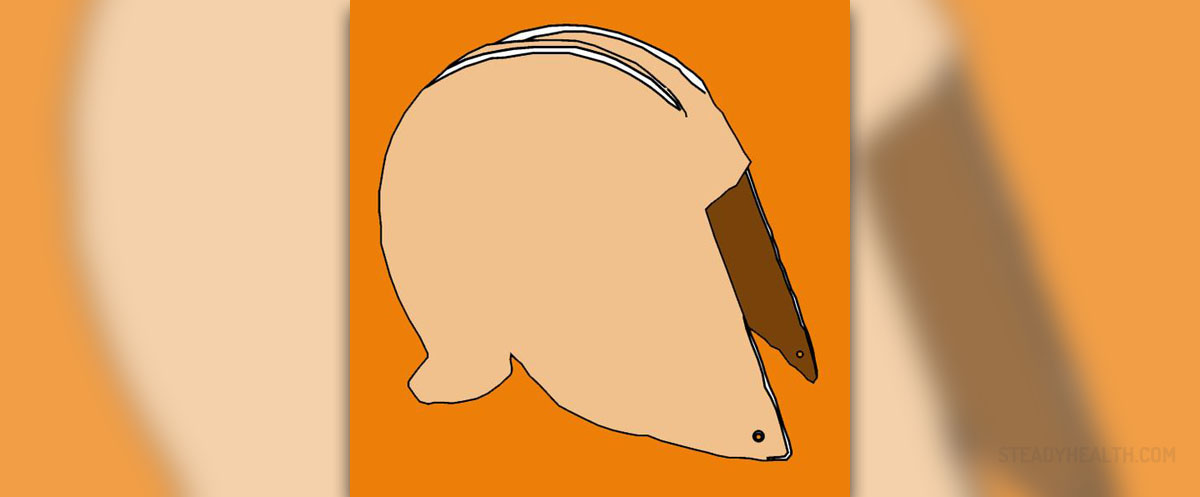
Peritonitis is a medical term for inflammation of the peritoneum, a membrane that lines the abdominal wall and surrounds different abdominal organs. Acute peritonitis may affect only one portion of the peritoneum or spreads to the entire peritoneum.
Causes of Acute Peritonitis
Peritonitis develops due to many reasons. It always affects people who have experienced rupture of the intestine. In such case the peritoneum gets inflamed due to bacteria originating from the intestine. Peritonitis may also occur in case of inflammation of different abdominal organs which directly spreads from the affected organs to the peritoneum.
Spontaneous bacterial peritonitis may affect individuals suffering from liver disease because they commonly develop ascites.
The inflammation is also possible in case of penetrating and gunshot injuries to the abdomen, spread of Mycobacterium tuberculosis from the initial site of the infection and is also a potential complication after abdominal surgery.
Familiar Mediterranean fever and strangulated hernias are two more culprits of bacterial peritonitis.
Acute Peritonitis Symptoms
Peritonitis is inflammation associated with fever and severe abdominal pain. Certain number of patients will additionally suffer from nausea, vomiting, loss of appetite and subsequent weight loss.
By performing examination, a doctor may detect tenderness of the abdomen as well as abdominal muscle rigidity caused by muscle spasm. In some cases (such as perforation associated peritonitis) patients may end up with sepsis and even more complex and severe symptoms and signs.
Acute Peritonitis Treatment
The very treatment for peritonitis basically depends on the underlying cause. Still, all patients are due to receive vigorous intravenous rehydration. If there is electrolyte imbalance, it should be corrected as well. Patients who are on dialysis may receive infusion via the dialysis catheter. Sometimes the catheter must be removed, especially if the infection is severe.
All patients must be covered with potent and broad-spectrum antibiotics. The doctor opts for suitable antibiotics after confirmation of bacterial culture. In the mean time he/she initiates antibacterial treatment with highly potent drugs. In almost all cases patients receive intravenous antibiotics which are more efficient comparing to oral antibiotics. People suffering from familiar Mediterranean fever (incurable condition) may benefit from a drug colchicine.
And finally, many times doctors have to perform surgery (laparotomy or open surgery) in order to explore the peritoneum, remove the accumulated fluid, pus or other debris and properly clean the peritoneal cavity. They also correct the underlying cause and anatomical damage to certain abdominal organs. Patients suffering from spontaneous bacterial peritonitis are not treated surgically.



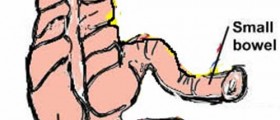
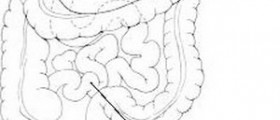
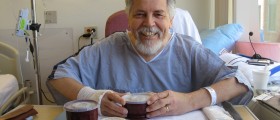
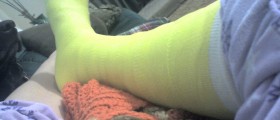

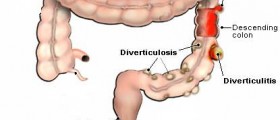
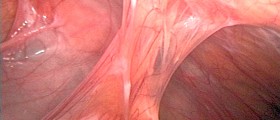


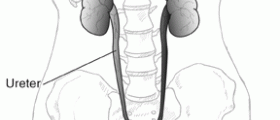
-Arthritis_f_280x120.jpg)
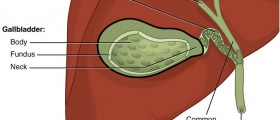


Your thoughts on this
Loading...